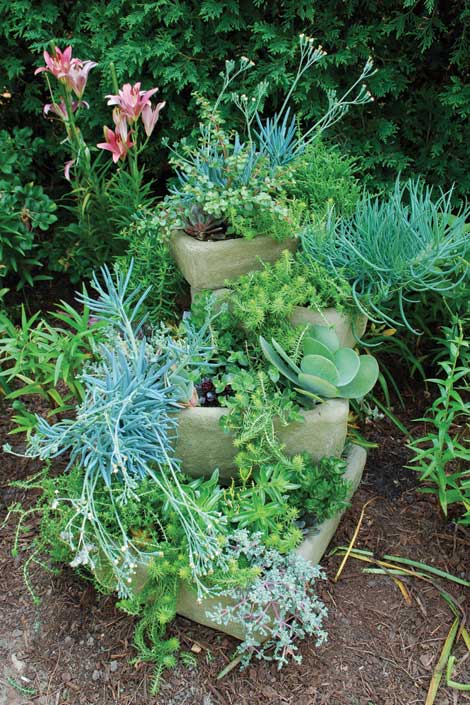Oftentimes, when we reach a certain age we begin conversations with ourselves, friends and family about where we want to live while we age. Do we stay in our current home, downsize to something smaller, move to a retirement/assisted living community, move in with family, or perhaps consider an alternative housing lifestyle? Regardless of what you choose, making decisions about housing and aging are best done when you have the time and are in good health.
This article focuses on selling your home and purchasing or renting a smaller home or condo. Seniors typically choose to downsize because they no longer need the large family home or they have physical limitations.
Selling your house can be an overwhelming experience for anyone. Downsizing and organizing a lifetime of possessions and treasures can come with additional emotional and physical challenges for seniors. It can also be one of the major reasons seniors decide to stay in their current home. The thought of going through the process of preparing the home for the real estate market and deciding what to keep, gift, sell or donate can be daunting.
These tips may help you downsize and prepare your house for sale:
• Start today with a plan. Whether you have 30 days or three months to move, having a plan will help. Set realistic expectations and consider hiring an expert to help you with the process. Hiring the right agent can have a positive outcome on the process; real estate agents/brokers who specialize in senior’s real estate will have the skills and resources to help you with the process.
• What to do with for your stuff? Divide your home into sections, by rooms or perhaps by collections. Some ideas for groupings include china, holiday decorations, clothing, books, photos, antiques, towels and linens, yard equipment, tools, kitchen stuff.
• Eliminate the clutter. Buyers want to see your house, not your home. You want to showcase your house and not your belongings. Remove excessive yard decorations and debris (cars, wood, etc). You’ll want tidy kitchens, bathrooms, closets and storage areas; remove most items from the flat surfaces of the rooms and furnishings. The house should be tidy, clean and orderly.
• Consider a pre-home inspection. Hire a licensed home inspector prior to putting the home on the real estate market. The inspector’s report will detail areas of repair, maintenance and replacement. Buyers prefer homes that are in move-in condition and that don’t hint at neglect. You’ll get the most money for your home if you can show buyers that your home has been well cared for.
• Make your home shine. Most buyers see your home within the first week of it being on the market. Therefore, you’ll want your home to shine the first day it hits the market. Make sure your shrubs are trimmed, grass is cut and plantings are healthy. Consider painting or power washing the siding and make sure the roof is free of debris and moss. Lighting makes a huge difference; clean windows, remove heavy drapery and provide adequate lighting in rooms.
• Keep it clean, organized and show-ready. Now that the house is ready for sale, it is important to keep it that way. You will need access to your everyday necessities, so arrange these items for easy accessibility while the house is on the market. You’ll want to put valuable possessions and medications out of sight.
If downsizing sounds like a good option for you, but you don’t want to pay a mortgage or tie up money in a home, a reverse purchase may be a good option for you. Never heard of reverse purchase? Most people haven’t. The Home Equity Conversion Mortgage for Purchase (HECM) loan program is a reverse mortgage that is specifically designed to assist people age 62 or older when purchasing a home. This is a Federal Housing Administration (FHA)-insured loan that allows seniors to use the equity from the sale of a previous residence to buy their next primary home in one transaction.
Regardless of how long they live in the home or what happens to their home’s value, they only make one, initial investment (down payment) towards the purchase. The down payment is approximately 45 to 55 percent of the home’s appraised value, and the rest is placed in a reverse mortgage. The senior will have no mortgage payments until they permanently leave or sell the home. The loan is a non-recourse loan, so if the home sells for less than what is due on the reverse mortgage purchase loan, FHA will pay the difference. If the home sells for more than is due, the senior or heirs will receive the profit.
Juli Anne Cooke and Reb ecca Rainsberger wrote this article. Cooke is the chief executive officer of Real Estate 65 Plus, which serves Pierce County. Rainsberger is with American Advisors Group.
